Business opportunities in the red palm oil production in Africa
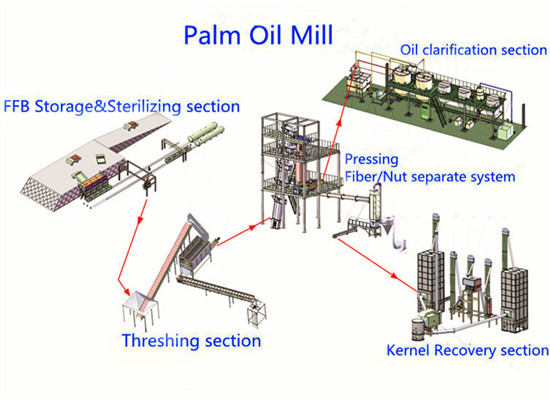
Palm oil mill process
Most parts of Africa, especially West Africa, lie in the world’s oil palm belt – a region which produces the best results for oil palm plantations.However, Africa produces much less palm oil than it is truly capable of because not enough palm trees are cultivated on a commercial scale.
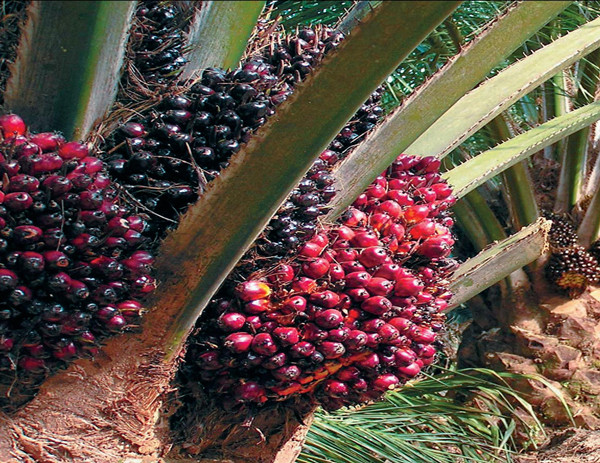
1,An all-year-round hot weather – The oil palm grows well where it is hot all the year round: between 25 and 28 degrees Centigrade. Hot temperatures allow the oil palm to grow many leaves and, as a result, produce more fruit. Higher temperatures also mean that the palm trees are less prone to disease attack.
2,A lot of sunshine – Oil palms need a lot of sunshine to grow well. All year round sunshine helps the palms to produce large and well-ripened fruits which contain a lot of oil.
3,Abundant rain – Oil palms are not likely to do very well in areas with water shortages. Plentiful rain is very good for the trees and allows them to grow a lot of leaves which lead to more clusters of fruit.
4,Rich, deep, flat and permeable soil – The oil palm needs access to water and mineral salts deep in the soil to do well. If it does not have full and easy access to these essential nourishments, the yields (harvest) may be very poor. The soil must also be able to allow water to soak through (permeable) to ensure that the soil is always well drained. However, in the absence of adequate minerals in the soil, fertilizers can be used to supplement the existing supply.
Despite these huge advantages, more than 80 percent of the palm oil consumed in Africa today come from palm fruits picked from oil palms in rural households, or from oil palm trees that grow in the forest.
A more deliberate effort can be put into cultivating modern oil palm plantations that contain selected (hybrid) oil palms with very high yields.
The fruits of the oil palm (known as ‘palm fruits’) contain a pulp (which is yellow in colour) that is crushed to produce the palm oil. The seed of the fruit contains a white inner kernel which is also crushed to obtain palm kernel oil. Palm kernel oil has hundreds of uses in the home and industries.
If you’re considering an oil palm plantation, growing the right variety of palm fruit will be most essential to the success of this business.
A significant majority of the palm fruits in Africa are of the Dura variety which is characterized by a thick shell and a small pulp.
On modern oil palm plantations, this variety is crossbred with the Pisifera variety to produce a hybrid (Tenera). The Tenera variety is every plantation owner’s favourite because it has a lot of pulp, a thin shell and a big kernel.
Selected varieties like the Tenera ensure a much larger yield for every hectare cultivated!
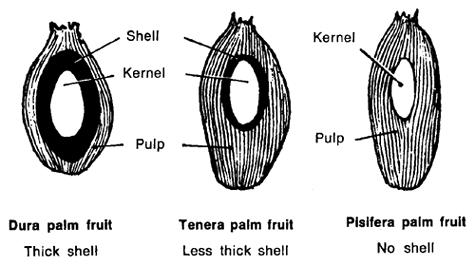
Palm ftuit types
1,The site for your plantation must be chosen carefully. A flat landscape that is not prone to erosion is most preferable. If the land is not flat, it can seriously affect transport around the plantation and cost you a lot.
2,Starting an oil palm plantation will require significant upfront investment. After planting, it usually takes about 3 to 5 years before the trees start to produce any fruit that can be harvested. During this period, money will be spent on fertilisers, improved seedlings and labour for workmen who will be needed to keep the site free of weeds. You should ensure you have sufficient working capital to cater to these expenses before you start.
3,Oil palms can be a source of long term income. Once the ground work is well done, and the palm seedlings are properly cared for in their early years, oil palms can live for up to 80 years! Do not try to cultivate too large an area, or the work will be badly done. It is better to cultivate a small plantation and to do the work well, and then gradually increase the size of the plantation. A small plantation that is well looked after can yield more than a large plantation that is badly looked after.
Opportunity #2 – Start a palm oil milling and processing plant
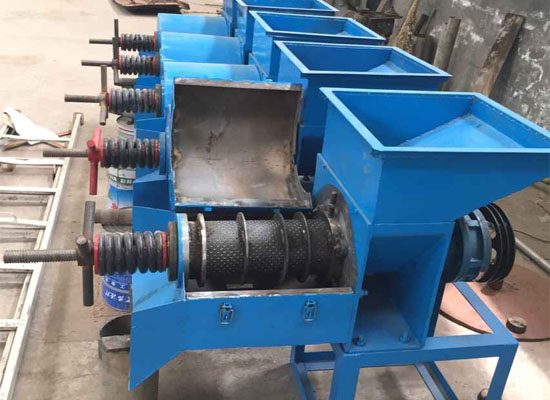 |
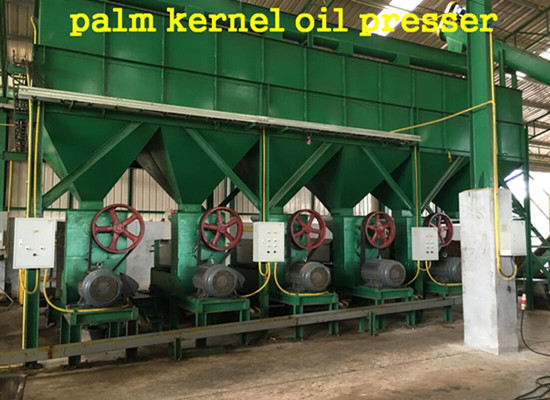 |
Traditional processing is one of the leading reasons for low palm oil production in Africa.
Due to the crude methods of squeezing out palm oil from the pulp of the palm fruit, a lot of oil still remains in the pulp and is lost through this ineffective and wasteful process.
Modern mills process harvested palm fruits into final grade palm oil with little or no waste and minimal use of human power.
Using machines, the process typically involves sterilizing and threshing the bunches to free the palm fruit, mashing the fruit and pressing out the crude palm oil.
The crude oil is further treated to purify and dry it for storage and sale in both local and international markets.
An investment in a milling plant can be a great source of income if it is located close enough to oil palm sources. The two major ways to make money from this venture are:
Charge a service fee to mill/process harvested palm fruits for customers. You could charge a flat fee on a per kilogram or per hour basis. The value you offer to customers is a quick, easy and labour-free way to get their palm fruits milled and processed to palm oil.
Another popular method of making money from palm oil mills is to buy off harvested palm fruits directly from small-scale farmers, produce the palm oil and then sell directly to both local and international markets.
This strategy has a greater potential for huge profits because of the mill’s capacity to buy palm fruits at low prices and sell the processed palm oil at a much higher price.
To succeed with this strategy, there are a couple of things you will need to watch out for:
Operating a mill is likely to require a lot of electric power. With high fuel prices and poor electricity supply in many parts of Africa, this is likely to be the single most influential and challenging factor in determining the profitability of this venture.
Another important factor is the quality of palm fruits you buy from farmers. You should ensure that they are of the high yield variety (preferably Tenera). A failure in this area may lead to low palm oil production volumes and poor profits.
Other factors to consider before starting an oil mill are skilled labour to operate and maintain the machinery, quality control in processing the palm oil and easy access to markets.
Opportunity #3 – Become a bulk trader
Bulk traders buy processed palm oil in large quantities and stock them for export or sale in the local market.
During harvest, usually between March and May of every year, the prices of palm oil reach very low levels due to the abundance of the product on the market. However, during the off-peak (non-harvest) periods, when palm oil becomes scarce, the prices expectedly go through the roof.
This scarcity usually sets in between September and December and can see palm oil prices rise by as much as 100 percent.
This cycle of scarcity and abundance continues because of inadequate storage facilities to ensure an all-year round supply of red palm oil to the market.
A bulk trader sets up a stocking program that allows him/her to buy from the market at very cheap prices during times of abundance and sell back to the market when scarcity sets in. This strategy obviously requires storage space and may incur significant holding, handling and transportation costs.
Most bulk traders buy palm oil from local producers in the hinterland and countryside during the harvest periods and store them away in huge containers and barrels until the scarcity periods when they can sell them in towns and cities (or export) for a very tidy profit.
Palm oil’s ability to retain its natural consistency, even at high temperatures, allows it to withstand long storage periods (usually up to one year). This period allows the bulk trader enough time to gradually sell off the product and make good profits in the process.
Red palm oil production in Africa remains a juicy business opportunity
As Africa’s population explodes and economic growth accelerates, the demand for palm oil is expected to rise.
This demand will largely be driven by human consumption and the diverse applications of palm oil in the manufacture of several household and industrial products. This growth will provide rewarding opportunities for oil palm plantation growers, oil mills and processors and the bulk traders.
To your success!
Leave A Message
If you want to know more information about Business opportunities in the red palm oil production in Africa . pls kindly leave your phone number, We will back to you ASAP once we got your message.
-
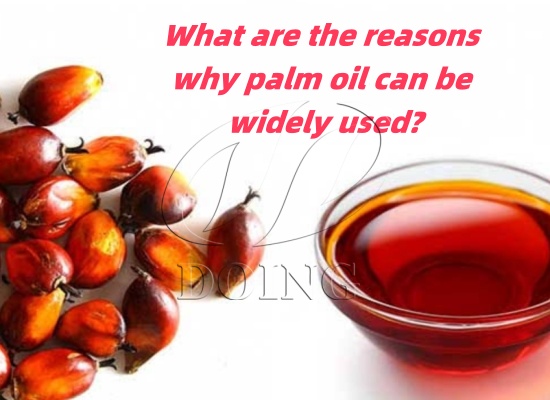
-
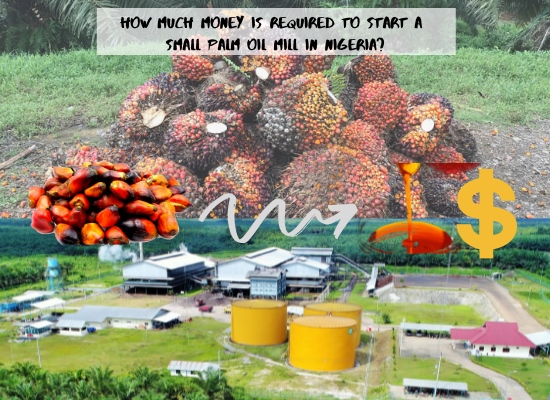
How much it will cost to set up a small scale palm oil mill in Nigeria?
-
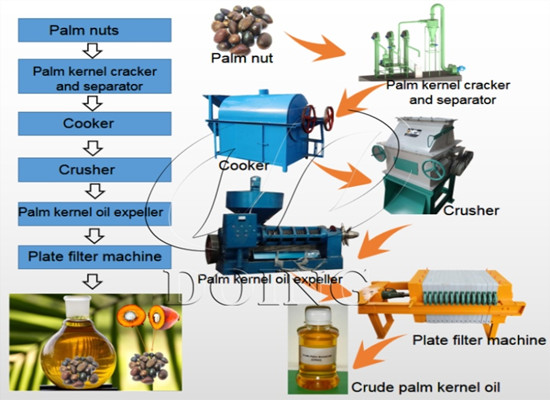
-
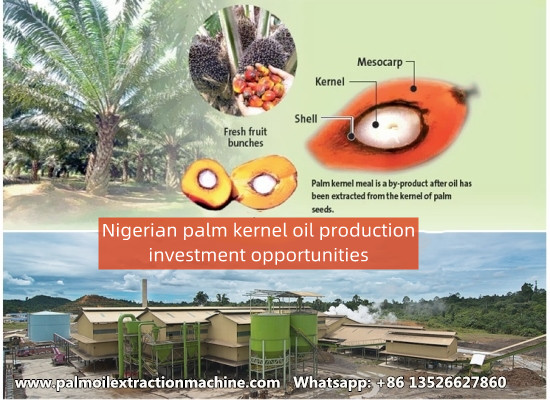
6 Reasons Why Palm Kernel Oil Production in Nigeria is a Smart Investment
-
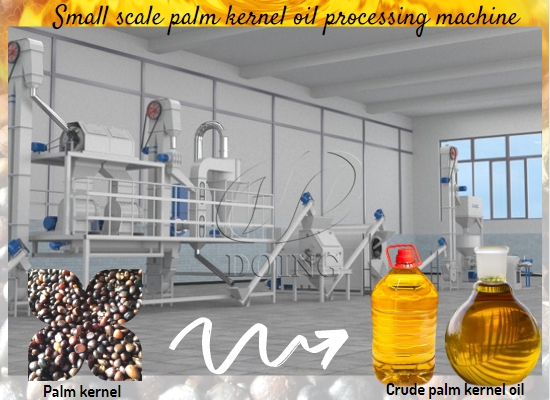
How can I get palm kernel oil in a palm kernel oil processing plant?
-
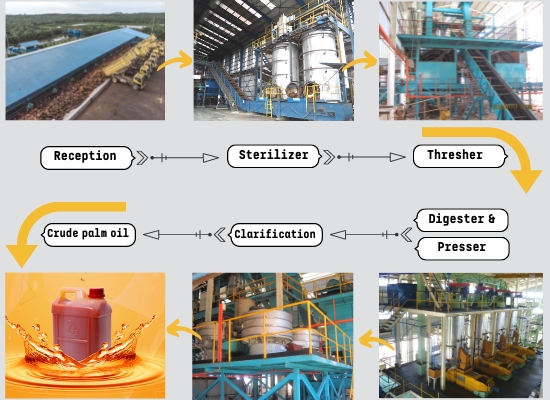
-
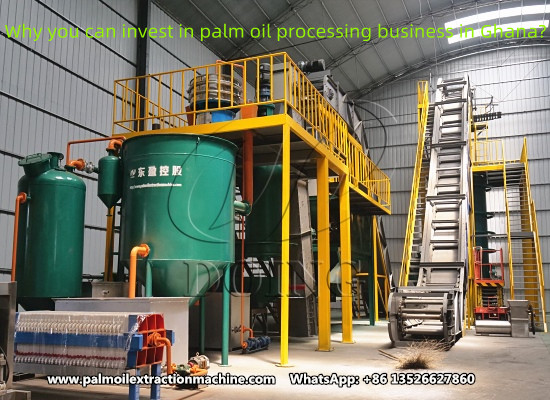
Why you can invest in palm oil processing business in Ghana?
-
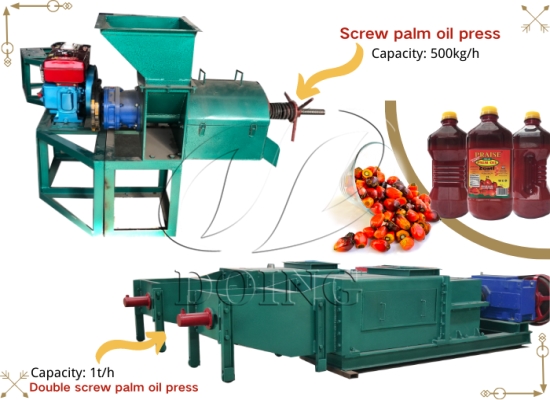
What are reasons that affect the oil yield of palm oil press?
-
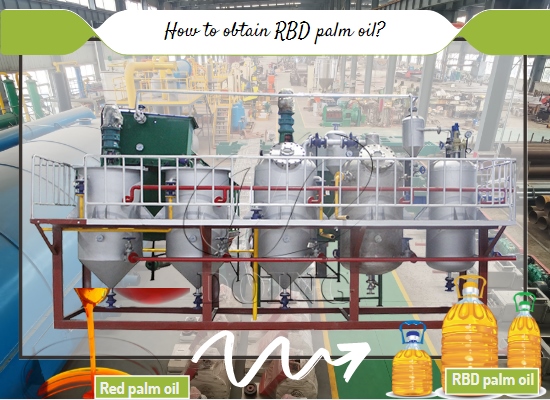
How much does it cost to setup a mini palm oil refining plant?
-
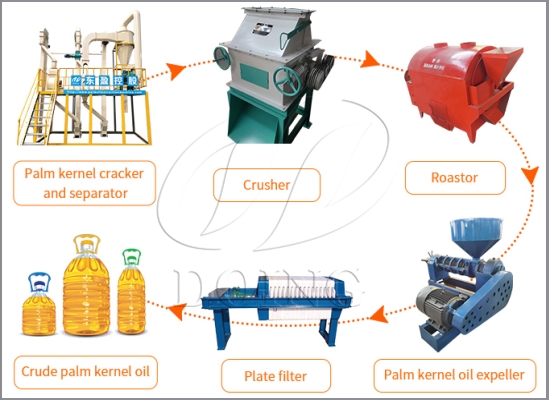
How do I start a palm kernel oil processing plant in Liberia?
-
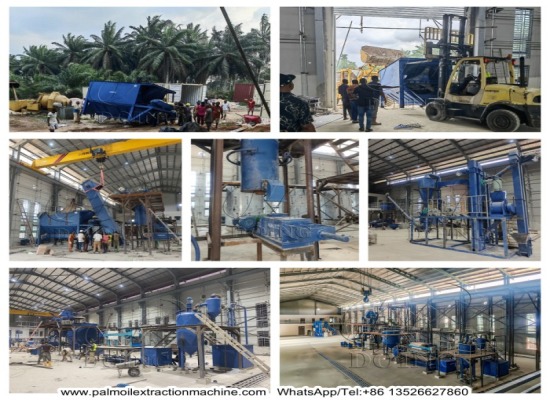
2tph Palm Oil and Palm Kernel Oil Processing Machines Project in Nigeria
-
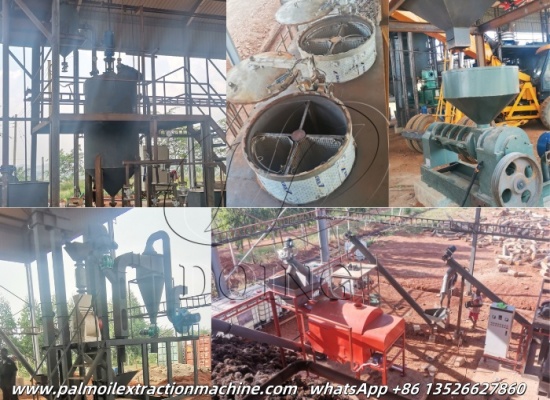
-
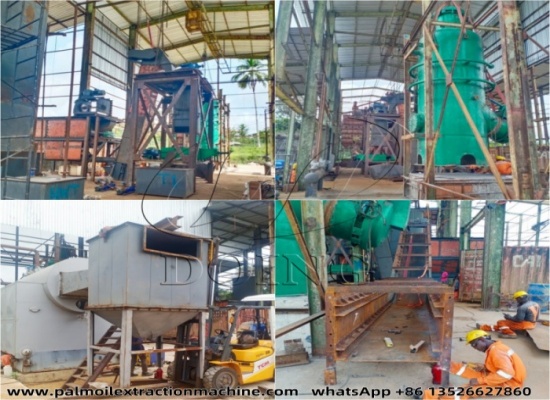
-
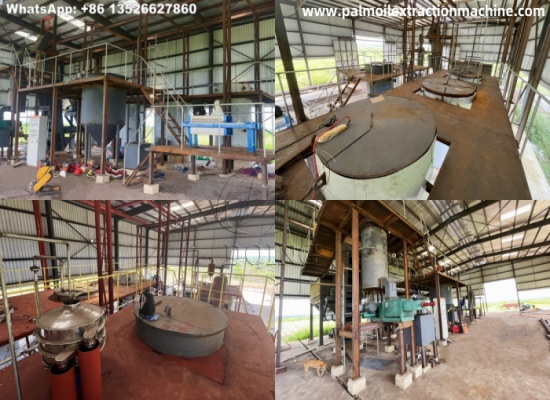
1tph palm oil pressing machines successfully installed in Lagos, Nigeria
-
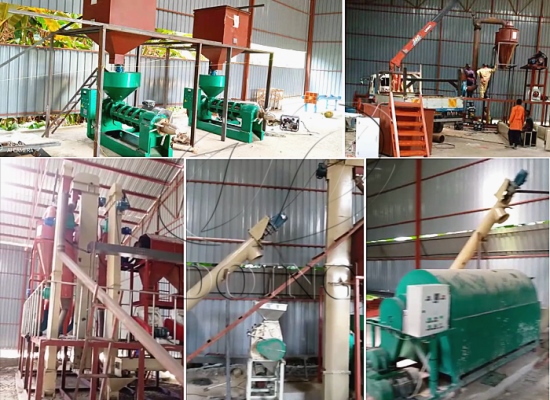
-
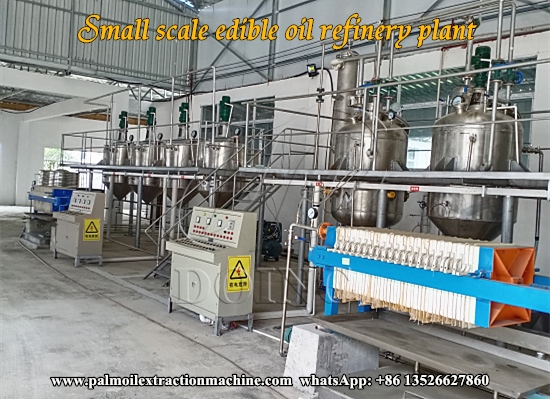
-
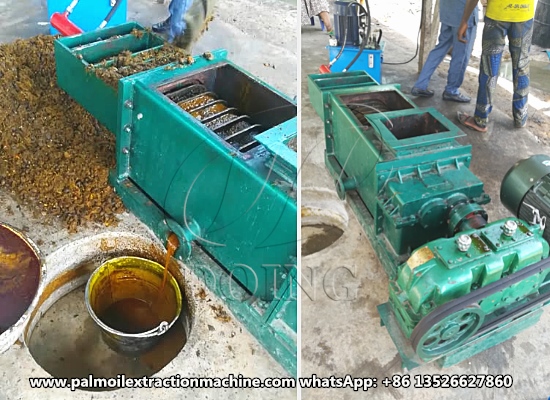
-
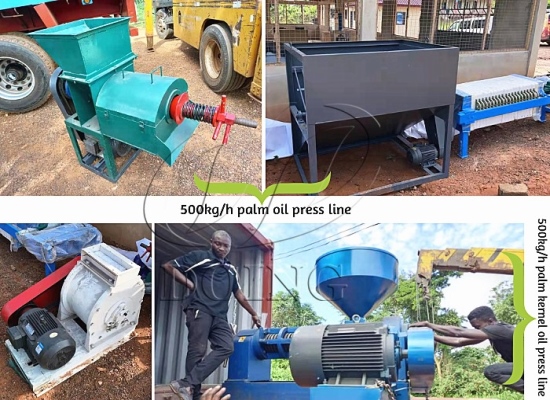
500kg/h palm oil and palm kernel oil processing plant project in Ghana
-
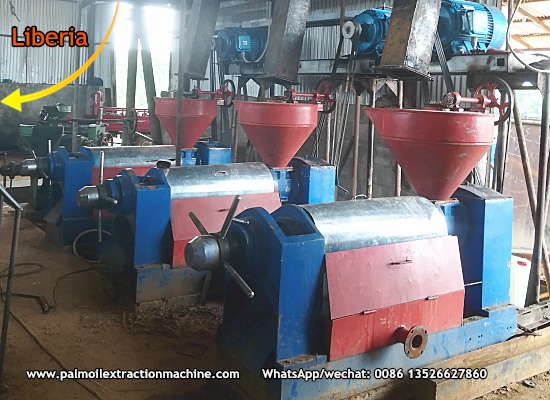
-
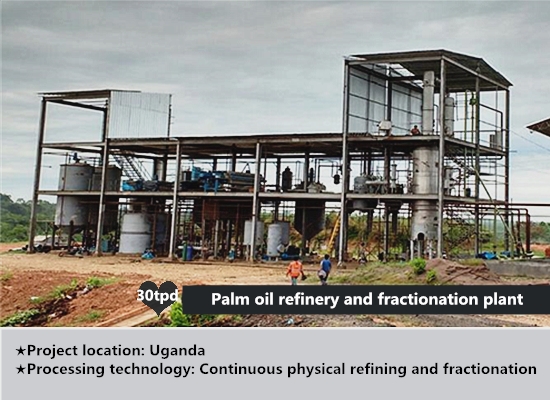
30tpd palm oil refinery and fractionation plant project successfully installed in Uganda




